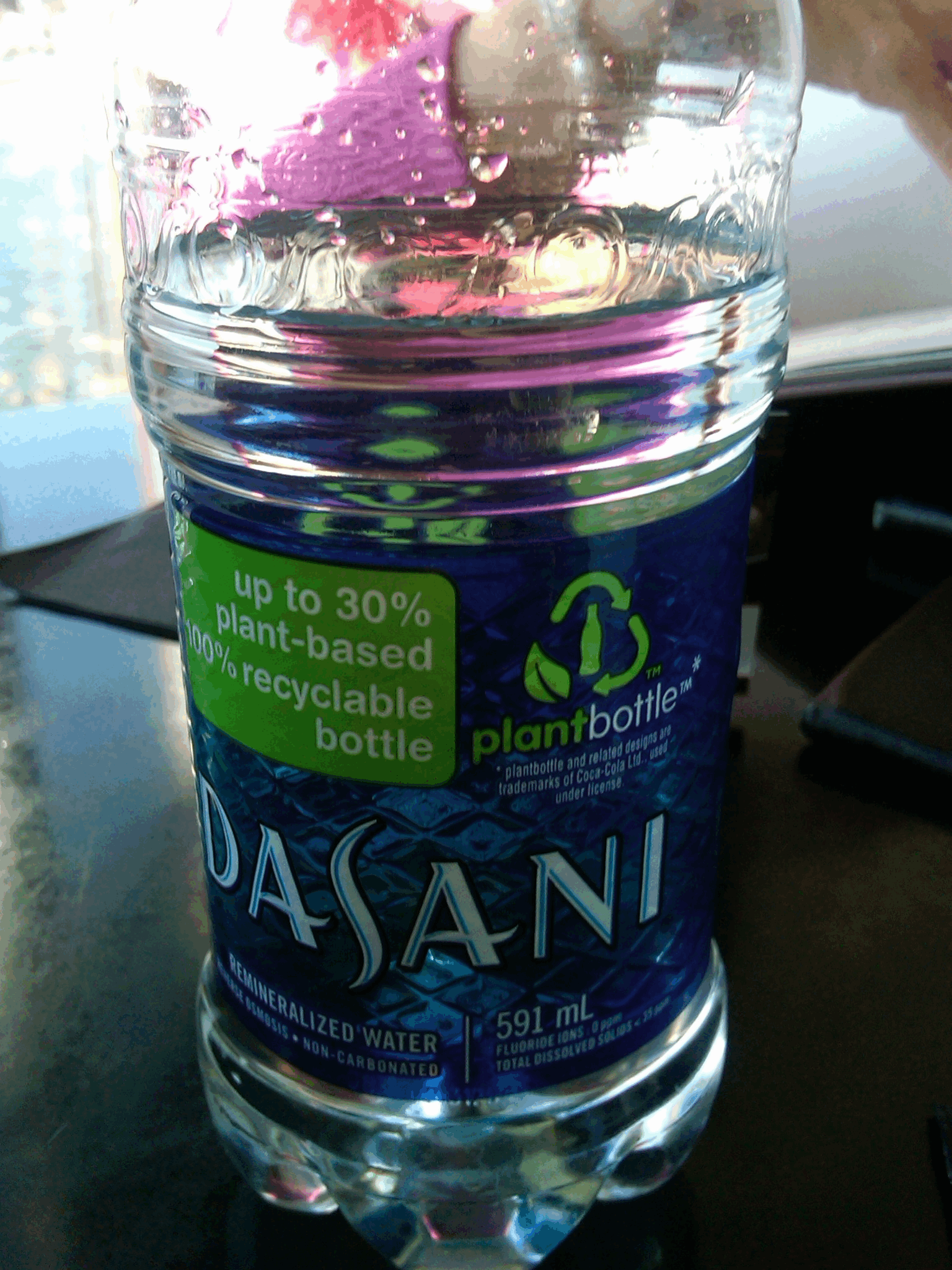

This site is optimized for Windows system.


ABOUT BIO-PET
BIO-PET (Bio-Polyethylene terephthalate) are bioplastics made of ethylene glycol and terephthalic acid. Ethylene glycol comes from ethanol, which is typically obtained from sugarcane. Terephthalic acid is complicated to obtain from biomass, so it mainly comes from P-Xylene, derived from fossil resources.
BIO-PET is a 'drop-in' solution and can therefore replace conventional PET in a wide variety of applications. BIO-PET is not biodegradable and is therefore durable. It can be recycled in the existing PET recycling streams. [citation T2.6]
SOURCES:
-
Sugarcane or Sugar Beet
-
Fossil Resources
REPLACEMENT FOR:
PLANTBOTTLE:
Coca Cola launched its “PlantBottle” in 2010, and by late 2010, Coke said it had distributed 2.5 billion “PlantBottles.” In 2011, Coke made about 10 billion “PlantBottles” total; all Dasani water bottles were made with 30% BIO-PET. By 2014, more than 12 billion of these bottles had been made. [citation T2.31]

 Starch |  Cellulose |  Chitin/Chintosan |
|---|---|---|
 Protin |  PLA |  PHA |
 BIO-PE |  BIO-PET |  PA 11 |
 PBS |